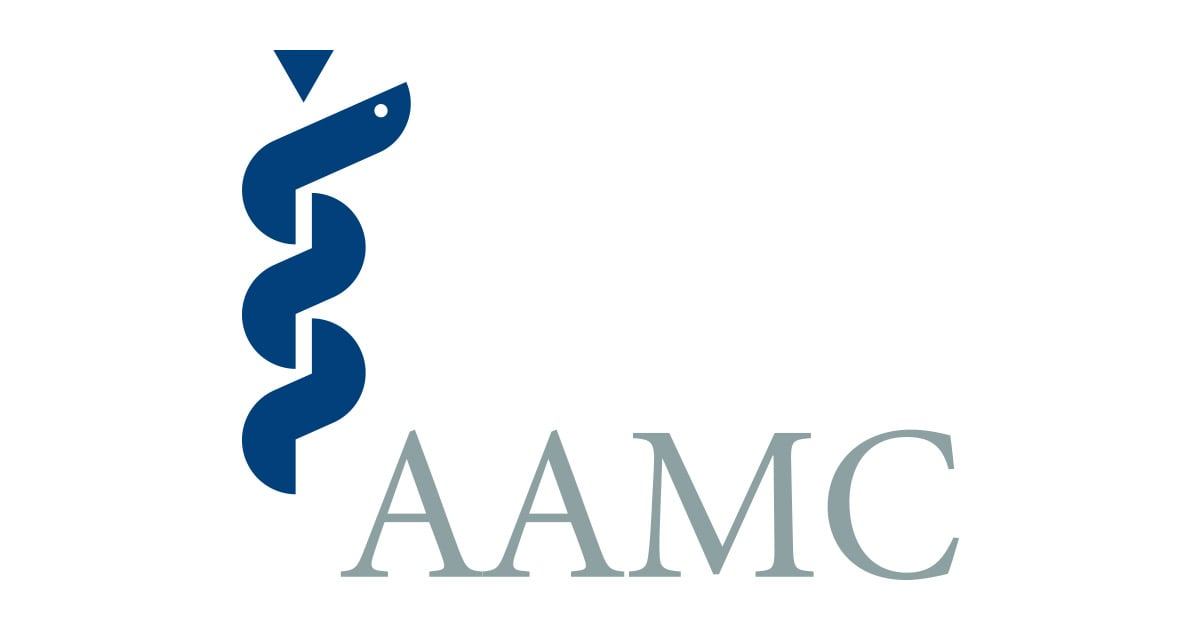- Joined
- Nov 21, 1998
- Messages
- 13,145
- Reaction score
- 7,731

New Findings Confirm Predictions on Physician Shortage
The United States will see a shortage of up to nearly 122,000 physicians by 2032 as demand for physicians continues to grow faster than supply.
Key findings from the report include:
The projected shortage of between 46,900 and 121,900 physicians by 2032 includes both primary care (between 21,100 and 55,200) and specialty care (between 24,800 and 65,800). Among specialists, the data project a shortage of between 1,900 and 12,100 medical specialists, 14,300 and 23,400 surgical specialists, and 20,600 and 39,100 other specialists, such as pathologists, neurologists, radiologists, and psychiatrists, by 2032.
The major factor driving demand for physicians continues to be a growing, aging population. According to the U.S. Census Bureau, the nation’s population is estimated to grow by more than 10% by 2032, with those over age 65 increasing by 48%. Additionally, the aging population will affect physician supply, since one-third of all currently active doctors will be older than 65 in the next decade. When these physicians decide to retire could have the greatest impact on supply.
